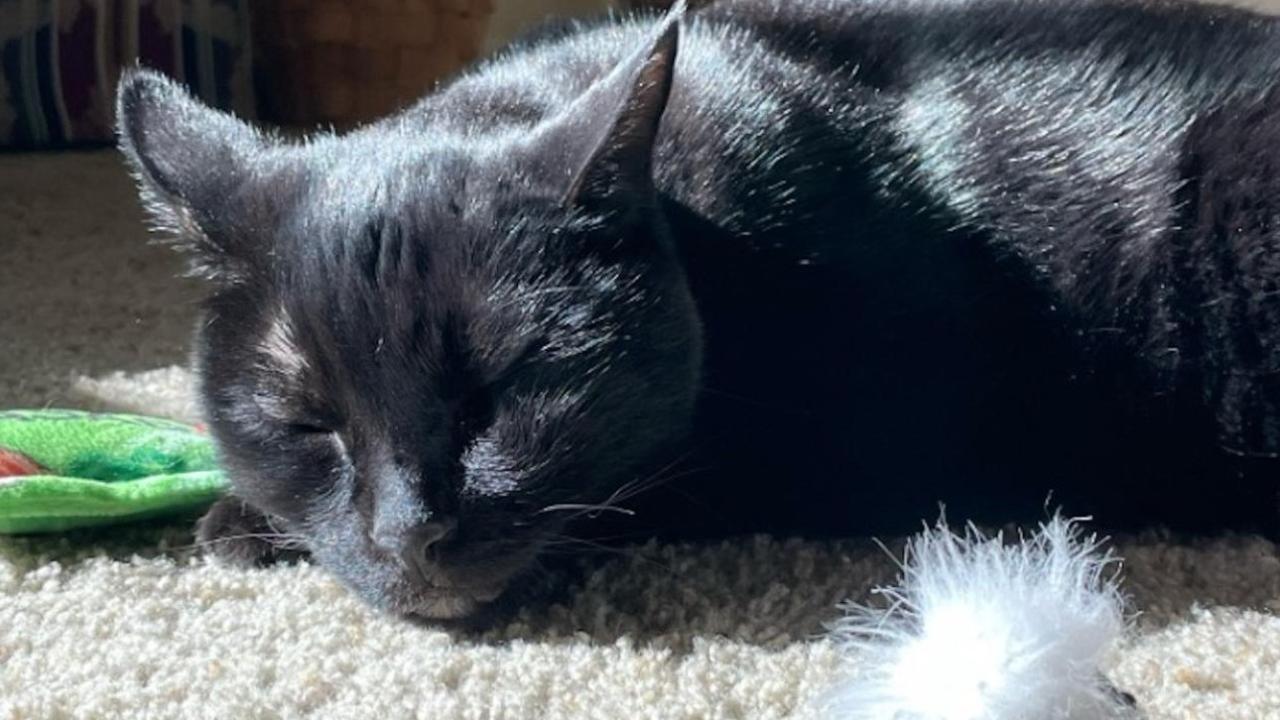
New Cancer Drug Could Help Cats and People
First Clinical Trial Finds Disease Controlled in One-Third of Cats
Scientists at the University of California, San Francisco and the University of California, Davis have completed the first clinical trial of a new cancer drug in pet cats, offering hope for a disease that has long been nearly impossible to treat. The study found 35 percent of the cats with squamous cell carcinoma who received treatment had their disease controlled with minimal side effects. The drug will likely be effective for humans with head and neck squamous cell carcinoma. The study was published today in Cancer Cell.
Oral squamous cell carcinoma is one of the most aggressive cancers in cats. Most cats survive only two to three months after diagnosis, since surgery, chemotherapy and radiation usually do little to stop it.
“One of the struggles I’ve had my entire career is that cats with this cancer—there is really nothing we can do,” said second author Katherine Skorupski, a professor of clinical medical oncology with the UC Davis School of Veterinary Medicine. “We see these cats, we give the bad news, and we do our best to keep them comfortable until they are euthanized. So the fact that we would have something, anything, that might help these cats is so exciting.”
She said in the future, the drug will likely be used with other therapies. Cats, who often don’t get much attention in cancer research, could benefit greatly.
